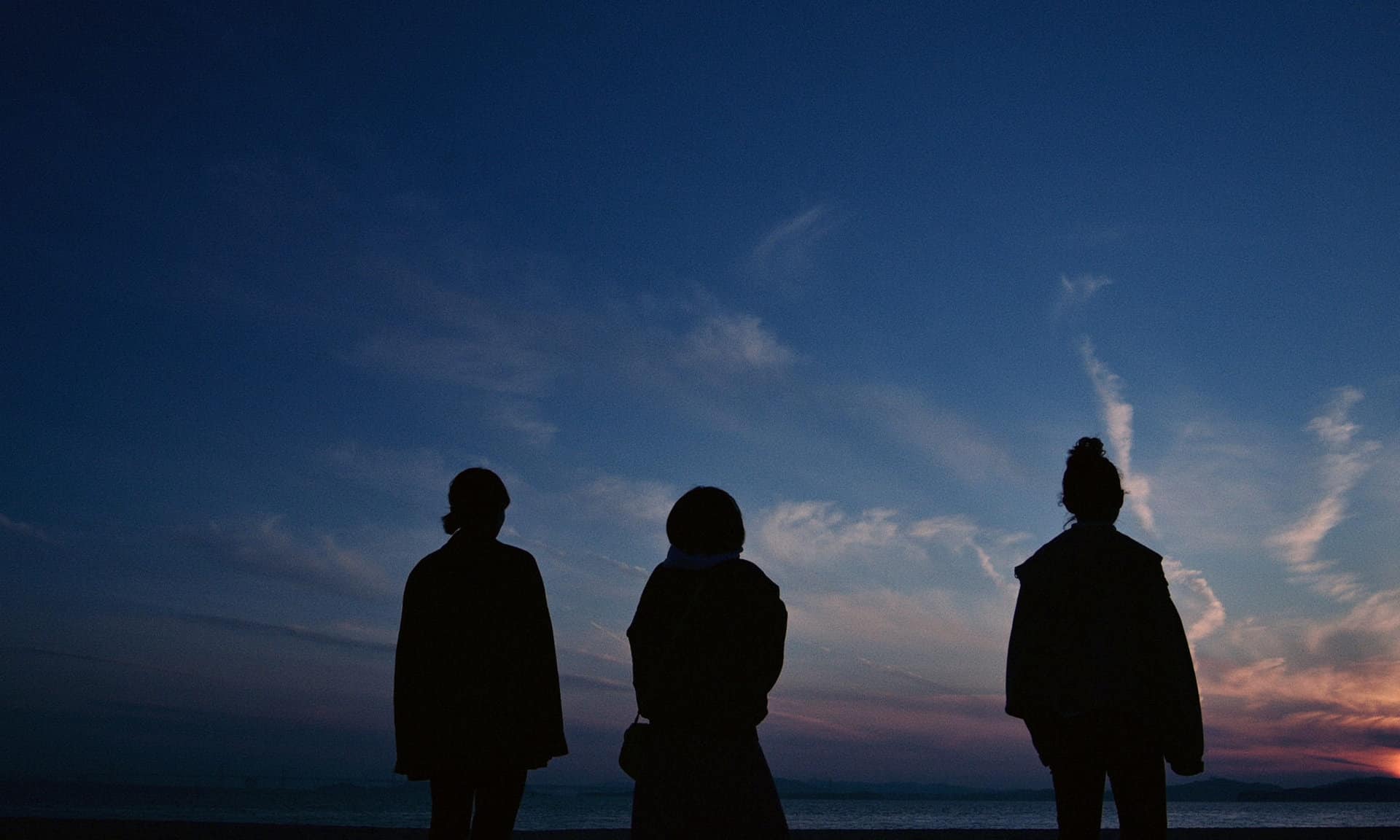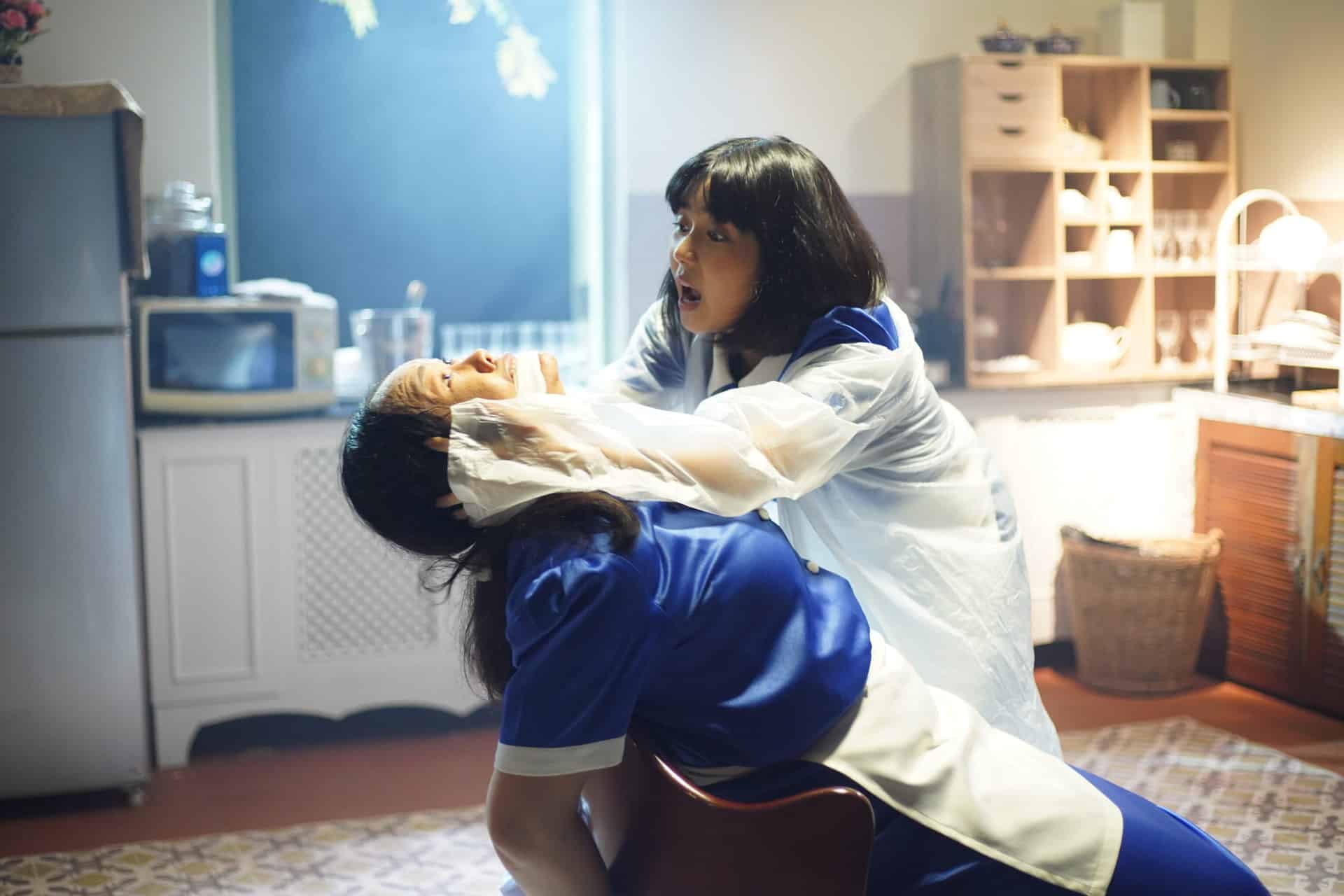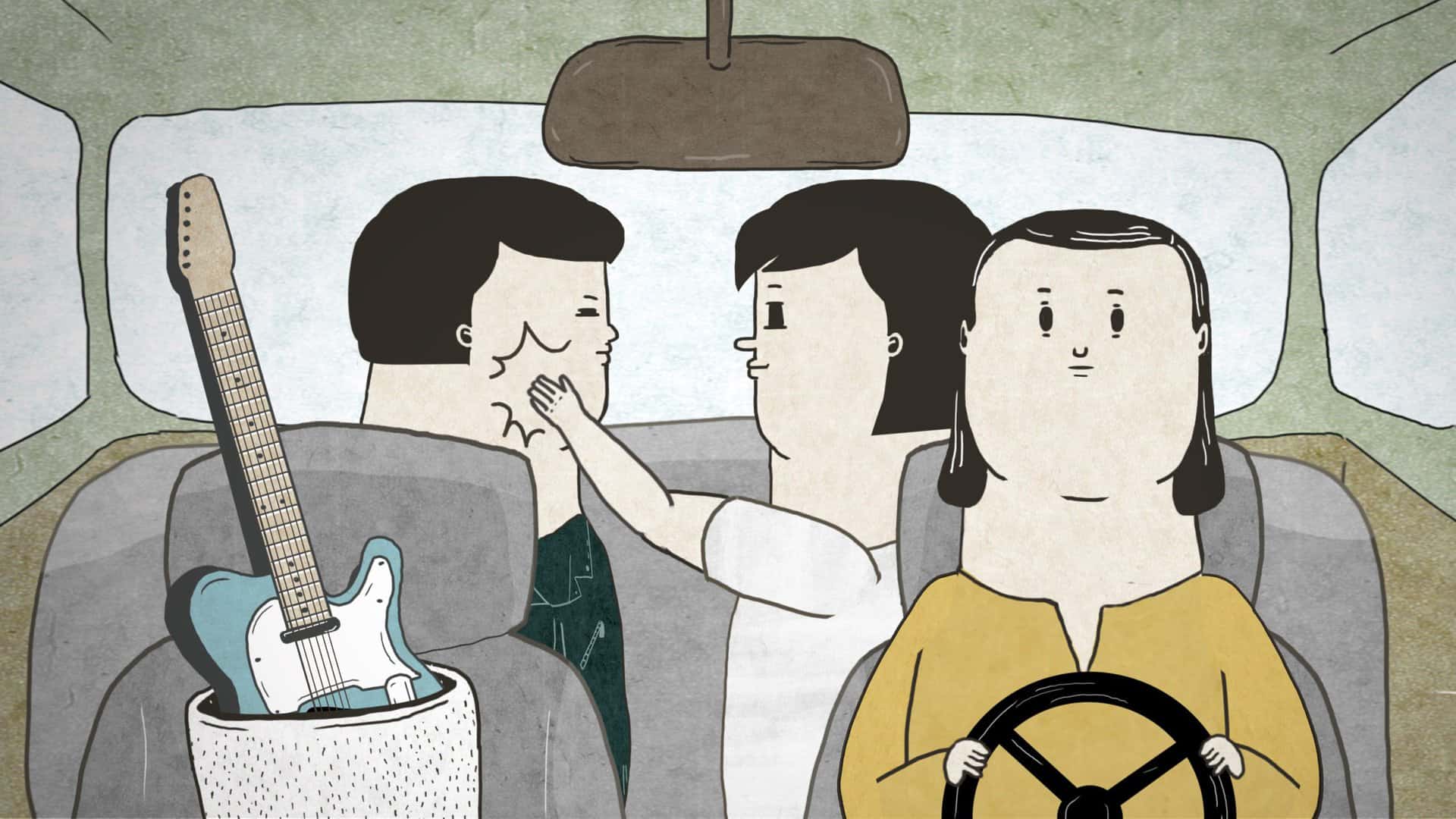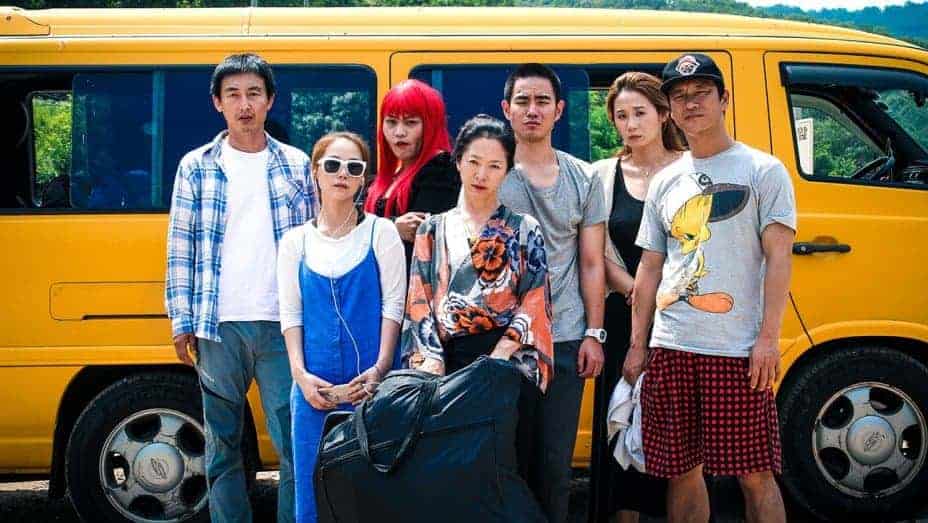Road movies have been becoming more and more common in the Japanese movie industry, particularly since the “opening” of the aftermath of the Fukushima disaster, ten years after the initial events. Kazuyoshi Kumakiri also directs a film of the canon, although the aforementioned theme is just part of the narrative here, in a title that won Best Film, Best Actress and Best Screenplay in Shanghai and is headed by an impressive performance by Rinko Kikuchi.
Yoko is screening at Japan Foundation Touring Film Programme

The Oscar-nominee plays the titular, 42-year-old woman, who is single and lives in her apartment in Tokyo, having a part time job as online customer support, and seemingly never going out, exhibiting an intense sense of agoraphobia and depression. When her cousin, Shigeru, comes knocking at her door in order to inform her that her estranged for 20 years father has died, Yoko is forced to leave her apartment and follow him and his family to Hirosaki, Aomori, where she was born. The ‘road trip' takes an even worse turn for her when Shigeru leaves her briefly in a rest area, and she decides to hitchhike her way for the rest of 658 km of the distance between Tokyo and Hirosaki (according to the Japanese title, “658km, Yoko no Tabi“.)
Check the interview with the director
As usually in road movies, Kazuyoshi Kumakiri implements an episodic structure on his narrative, with each individual (or group) Yoko meets serving as an ‘excuse' for both social comments and to analyze the protagonist more. As such, her distance from her family and essentially people is highlighted quite eloquently through her initial discomfort in interacting with her cousin and his family. The cheerful but even more scared of the world than her Risa makes her feel somewhat better for herself and gain courage, the journalist Kenta makes a comment about what happened in Fukushima and what is happening nowadays, but also functions as a metaphor regarding the despicability of some people of the profession (novelists even, or even men in general). The interactions with an older couple move the same way regarding the disaster, while the appearance of her father as a ghost sheds more light to their relationship and the reasons behind her reclusion, and also adds the always pleasant presence of Joe Odagiri in the cast.
In general, this approach works well in terms of entertainment, also because Rinko Kikuchi gives another great performance in the titular role, managing to highlight all her negative feelings with very few words, which also increases the impact of the moments she (over) reacts or actually speaks. On the other hand, the whole concept of how she ends up alone and the way she meets all these people is somewhat far-fetched and illogical, and her monologue, although impressively performed, seems as it has been forced into the narrative, while there are moments that the film crosses in to melodramatic paths, again in a way that feels forced.
The comments, however, particularly the ones involving Yoko and how her trauma, her bitterness about the past and her inability to move beyond them have essentially put her life in complete stalemate, are quite well communicated, both through the character herself and her interactions with the people she meets. The catharsis could have been handled a bit better in contextual terms, but in general, it works as a closure to the story.
In terms of production values, DP Taku Kobayashi's camera follows Kikuchi through many close-ups, while the presentation of the areas she passes are as bleak as her overall mentality is, in a way, though, that is definitely elaborate. The editing results in a slow pace for the most part, with Kumakiri taking his time with each episode, in a style that fits the overall aesthetics of the movie nicely.
Meticulously made, slow burning, and fostering an impressive dramatic performance in its epicenter, “Yoko” looks like one of those films that will definitely have a successful festival run, and perhaps even reach beyond that due to its protagonist. Apart from this, though, it does not feel particularly different than the plethora of similar films coming out of Japan.














